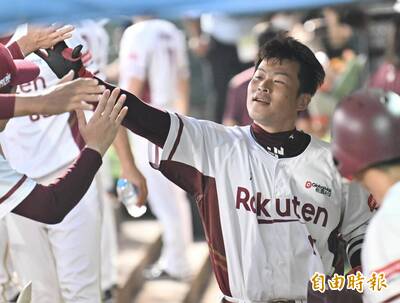《TAIPEI TIMES》 Singapore, Manila ease rules for Taiwanese arrivals

People walk past self check-in machines at the Changi Airport in Singapore on Oct. 12, 2020. Photo: Reuters
LOW INFECTION NUMBERS: Taiwan and the Philippines have recognized each other’s vaccination certificates, while Singapore is to ease its rules for self-swab rapid tests
/ Staff writer, with CNA
Starting on Tuesday, travelers arriving in Singapore from Taiwan and other places with low COVID-19 infection rates would only need to take an unsupervised self-swab antigen rapid test (ART) within 24 hours of arrival, Singaporean Minister for Trade and Industry Gan Kim Yong (顏金勇) said on Friday.
The new policy is to replace the current protocol that requires arrivals from category I countries and regions, who are not required to undergo quarantine, to take a supervised self-swab rapid test at one of the testing centers in the city-state within 24 hours of arrival.
Taiwan and China, including Macau, are among category I countries and regions with low infection numbers, Singaporean media have reported.
Gan, who is also cochair of Singapore’s multiministry task force on COVID-19, said the move aims to further simplify border measures.
“Effective March 15, instead of a supervised self-swab ART, vaccinated travelers and individuals from cat I countries and regions will just need to take an unsupervised self-swab ART within 24 hours of their arrival,” Gan said during an online task force meeting.
However, people traveling to Singapore must still undergo a COVID-19 test within two days of boarding their flight and must report the results of the self-swab ART, Singaporean media have reported.
The number of imported COVID-19 cases in Singapore has been low over the past few weeks, the task force said.
The cases make up about 1 percent of total daily cases, and many countries have passed peak COVID-19 infections caused by the Omicron variant of SARS-CoV-2, it said.
In other developments, Taiwan and the Philippines have agreed to mutually recognize each other’s COVID-19 vaccination certificates, meaning that travelers with Taiwan-issued certificates would no longer need to quarantine upon arriving in the Philippines.
Taipei and Manila recognize each other’s international vaccination certificates and digital vaccine certificates, the Taipei Economic and Cultural Office in the Philippines said.
The agreement stemmed from complaints filed last month by Taiwanese who said they had to quarantine upon arriving in the Philippines, because the country did not recognize their Taiwan-issued vaccination certificates.
They were led to believe that there would be no problems after Manila on Jan. 27 said that it would lift a nearly two-year ban on foreign tourists and allow travelers with a vaccination certificate and who test negative for COVID-19 to enter the country without quarantine, starting on Feb. 1.
However, the Philippine Inter-Agency Task Force for the Management of Emerging Infectious Diseases listed requirements for proof of vaccination which Taiwan did not meet.
One of them required a digital certificate from a foreign government that accepts the Philippines’ certificate under a reciprocal arrangement. Taiwan did not recognize the Philippines’ vaccination certificate at the time.
新聞來源:TAIPEI TIMES
















